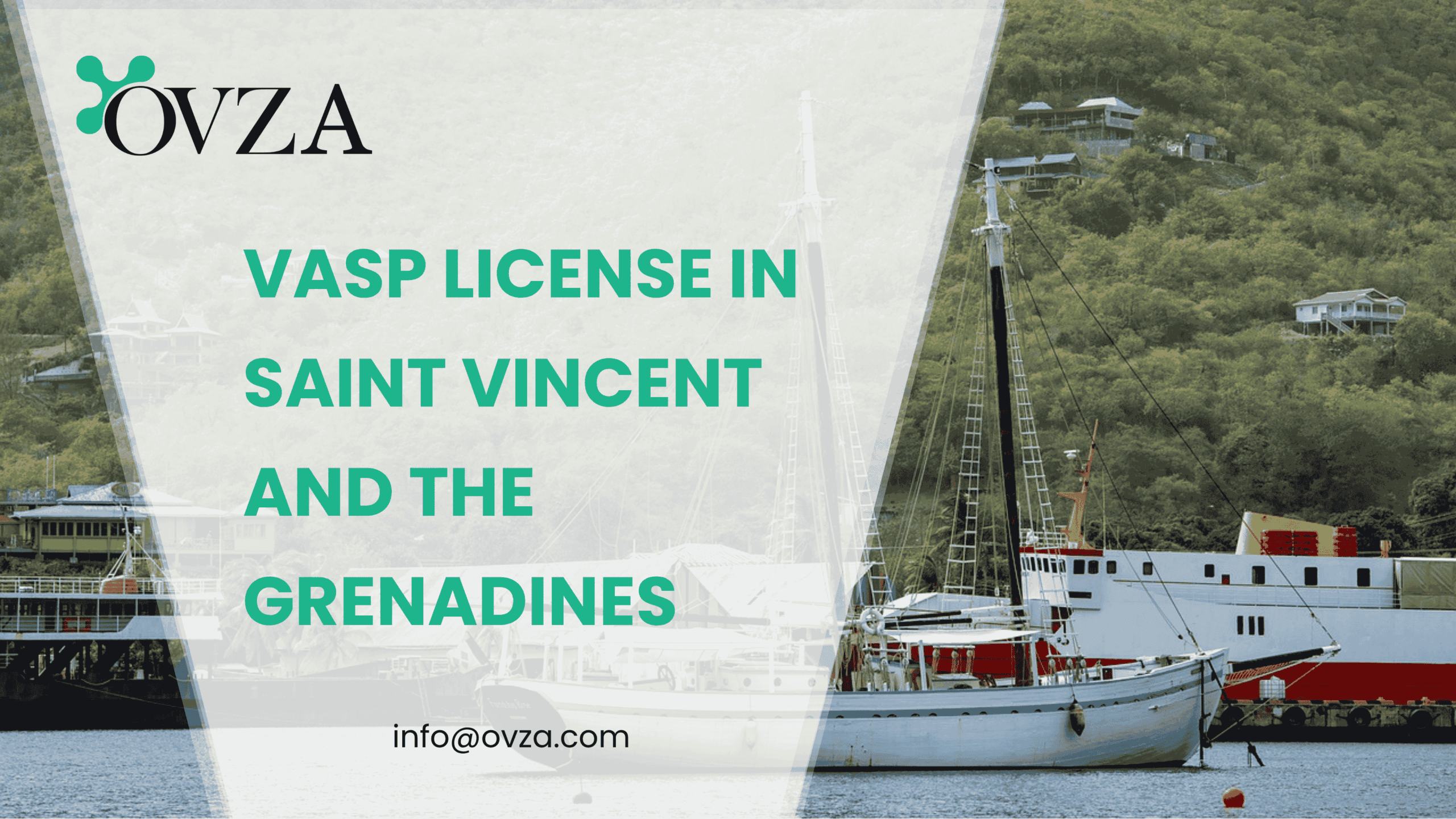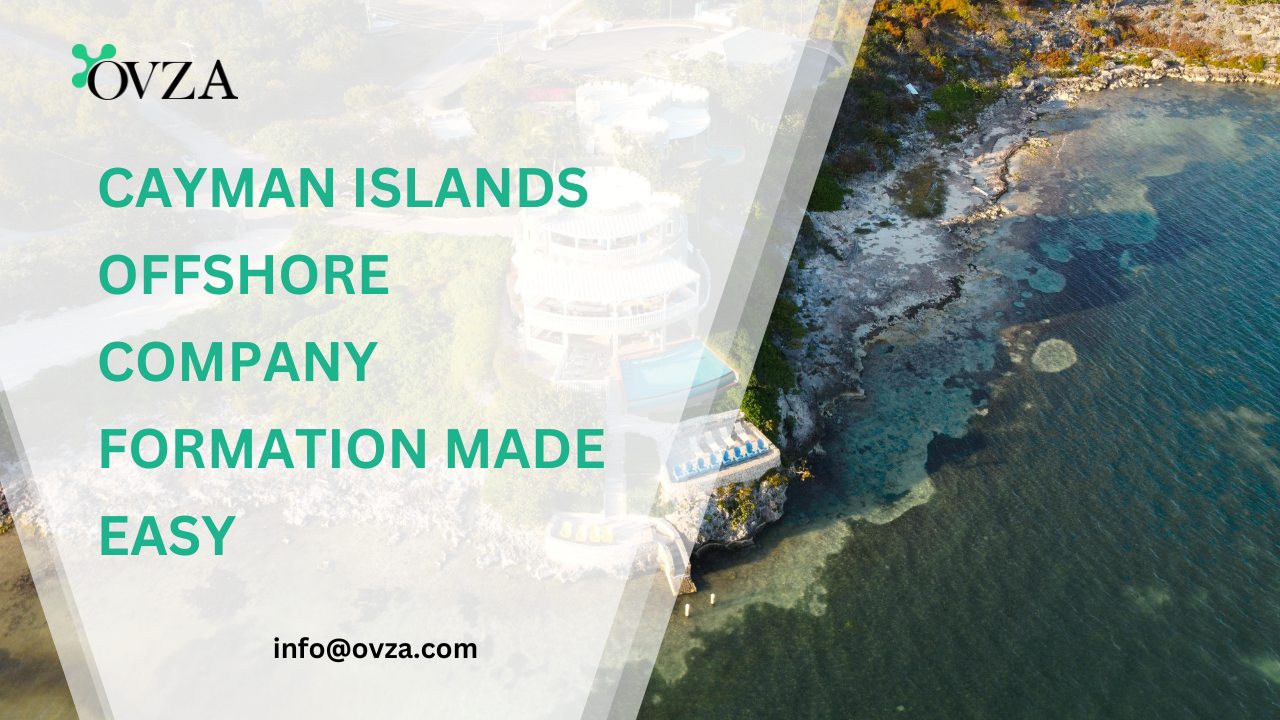An offshore business setup in 2025 offers flexible solutions for entrepreneurs seeking tax efficiency, asset protection, and scalability. With the rise of digital commerce, remote work, and international investment vehicles, forming an offshore company is no longer exclusive to large corporations. Small businesses, consultants, crypto startups, and holding firms increasingly rely on offshore jurisdictions to structure operations efficiently and protect capital.
Yet, the rules surrounding offshore business setup have changed. Global initiatives such as FATCA, CRS, and the OECD’s Base Erosion and Profit Shifting (BEPS) framework have tightened the standards for cross-border structures. In this new environment, forming offshore company entities requires not only strategic foresight but also strict legal compliance.
- The Modern Role of Offshore Business Setup
- What Is an Offshore Business Setup?
- Offshore Business Setup vs. Domestic Incorporation
- How to Choose the Right Jurisdiction for Offshore Business Setup
- KYC Requirements When Forming Offshore Company Setups
- Opening an Offshore Bank Account in 2025
- Managing Substance and Ongoing Compliance
- Conclusion
The Modern Role of Offshore Business Setup
A modern offshore business setup is no longer about secrecy. It’s about choosing the right legal environment to support international activity, reduce tax exposure within legal bounds, and streamline corporate governance. Jurisdictions such as the British Virgin Islands, St. Lucia, Seychelles, and the Cayman Islands have emerged as leaders for clients forming offshore company entities that are aligned with transparency and global financial reporting standards.
Today’s business owners are forming offshore company structures to manage IP portfolios, hold global assets, open international bank accounts, and facilitate online business models. Unlike the past, these structures must now demonstrate economic substance, proper documentation, and beneficial ownership disclosure.
What Is an Offshore Business Setup?
An offshore business setup refers to the creation of a company outside the country of the beneficial owner’s primary tax residence. These entities—commonly known as IBCs, offshore LLCs, or private foundations—are used to reduce regulatory friction, protect assets from local risks, and provide access to non-resident banking.
Whether you’re launching an international e-commerce brand or managing a portfolio of digital assets, forming offshore company structures offers legal insulation and cross-border operability when configured correctly.
It’s important to note that an offshore business setup is legal when the entity serves a genuine commercial purpose, maintains records, and complies with the laws of both the incorporation jurisdiction and the owner’s home country. Improperly forming offshore company vehicles that lack activity or attempt to obscure ownership can trigger penalties under international anti-avoidance rules.
Offshore Business Setup vs. Domestic Incorporation
For entrepreneurs weighing the advantages of offshore business setup compared to incorporating locally, the distinctions are significant.
Offshore jurisdictions typically offer:
| Advantage | Explanation |
| Tax Efficiency | No or low corporate tax on foreign-sourced income in most offshore jurisdictions |
| Simplified Compliance | Minimal reporting, bookkeeping, and audit requirements |
| Speed of Formation | Company registration often completed within 1–3 business days |
| Flexible Ownership Structures | Allows nominee directors/shareholders and multi-tiered control arrangements |
| Multi-Currency Banking Access | Offshore banks offer USD, EUR, and other currency accounts for global clients |
These benefits make forming offshore company entities especially appealing to online service providers, crypto firms, and investment-focused businesses that do not rely on a physical presence in a specific jurisdiction.
How to Choose the Right Jurisdiction for Offshore Business Setup
Selecting the right jurisdiction is the most critical step in any offshore business setup. In 2025, not all offshore financial centers offer the same legal standards, reputational strength, or access to international banking. The right choice depends on your goals — whether that’s tax optimization, privacy, banking access, or treaty protection.
Some jurisdictions like the British Virgin Islands and the Cayman Islands are recognized globally for their corporate governance and wide acceptance by banks. Others, such as Belize and Seychelles, offer faster company formation, minimal local requirements, and are more cost-efficient for smaller operations or digital businesses. Meanwhile, places like St. Lucia are emerging as compliant and treaty-aligned options for those seeking substance-friendly structures.
Each jurisdiction comes with different rules on reporting, beneficial ownership, and banking compliance. It’s no longer enough to consider tax benefits alone. A modern offshore business setup must be aligned with international standards such as the OECD’s BEPS framework, FATCA, and CRS. Choosing a jurisdiction that meets these requirements while still offering favorable conditions is what separates a legally sound structure from one that could be flagged or penalized.
KYC Requirements When Forming Offshore Company Setups
Regardless of the jurisdiction you choose, forming offshore company entities involves completing standard Know Your Customer (KYC) steps. These requirements are enforced at both the company registration level and during the bank account opening process. The documentation is straightforward in most cases.
Almost all jurisdictions require a notarised copy of your passport and a notarised proof of address — typically a utility bill or bank statement dated within the last three months. These documents must include the notary’s contact information and official seal to be accepted. Most company registrars will not ask for much beyond this.
However, if you’re opening a bank account as part of your offshore business setup, you may be asked for additional documents. Some banks request a professional CV or resume, especially if the business activity is complex or high-value. A police clearance certificate may also be required in certain jurisdictions or for politically exposed persons. In nearly all cases, you will need to complete FATCA or CRS self-certification forms to comply with international tax reporting obligations.
Opening an Offshore Bank Account in 2025
A critical part of any offshore business setup is securing reliable banking. While many jurisdictions allow for company formation with minimal documentation, banks operate under stricter regulatory frameworks. As a result, opening an offshore bank account often requires additional steps and scrutiny, particularly for certain industries or high-risk profiles.
Once your offshore company is incorporated, the next step is to select a banking institution — typically located in the same jurisdiction or in a neighboring offshore hub. Many banks now offer remote onboarding, although video calls, enhanced due diligence, and ongoing account reviews are becoming standard.
For most non-resident clients, banks will require notarised copies of your passport and proof of address. These must clearly display the notary’s stamp and contact details. While those two documents are usually sufficient for registration purposes, banks may additionally request a CV or resume outlining your professional background, a police clearance certificate (especially for higher-value or politically exposed clients), and declarations related to FATCA or CRS compliance. It’s essential to complete these forms accurately, as false declarations can result in account closure or rejection.
Managing Substance and Ongoing Compliance
In previous years, many offshore companies operated with minimal or no substance. That is no longer sustainable in 2025. Economic substance rules now apply in nearly all reputable offshore jurisdictions. This means your entity may need to demonstrate local operations, such as having a physical office, local directors, or actual business activity conducted from the jurisdiction.
While not all companies are subject to substance rules (e.g., passive holding companies), failure to comply — when required — can result in penalties, regulatory inquiries, or even blacklisting. The specific criteria vary by jurisdiction and business activity. For example, companies engaged in finance, insurance, shipping, or IP management are more likely to trigger substance requirements.
Maintaining compliance also means staying current with annual renewals, accounting or bookkeeping obligations (if any), and updating the registrar if beneficial ownership or directorship changes. Most professional service providers, such as OVZA, offer ongoing compliance support to simplify this process.
Conclusion
Forming an offshore company in 2025 remains a legitimate and strategic decision when done with clear business purpose and full compliance. The benefits — tax optimization, risk mitigation, global banking access, and operational efficiency — are only available to those who respect the legal frameworks in place.
Whether you’re launching an international startup, holding digital assets, or building a succession structure for family wealth, your offshore business setup must be carefully planned. Jurisdiction selection, proper documentation, banking arrangements, and long-term compliance all matter.
Disclaimer: The information provided on this website is intended for general reference and educational purposes only. While OVZA makes every effort to ensure accuracy and timeliness, the content should not be considered legal, financial, or tax advice.












